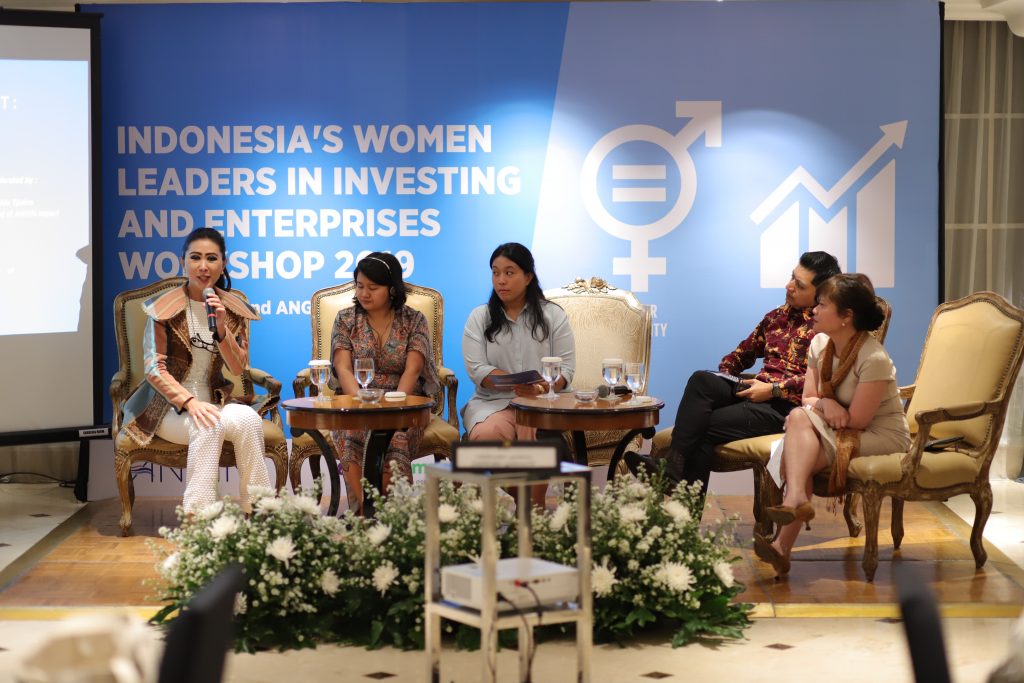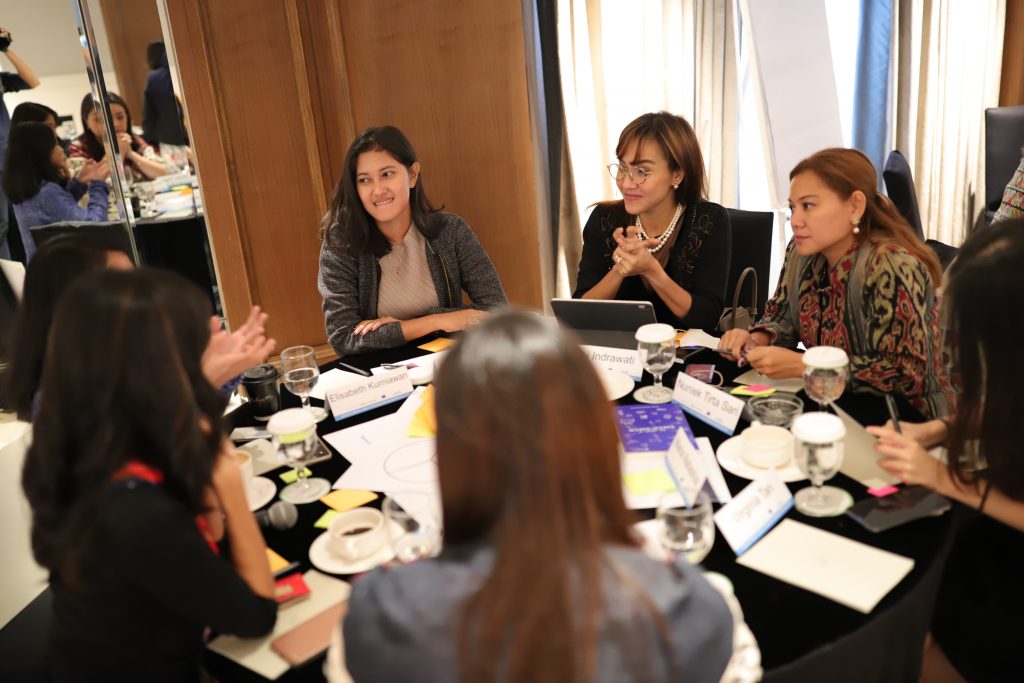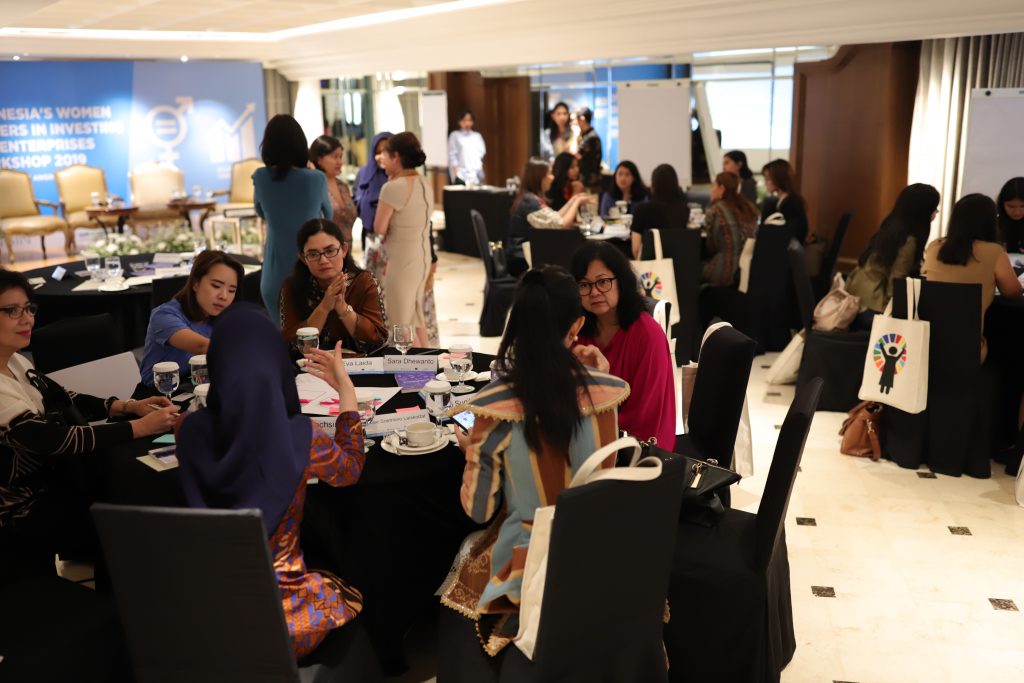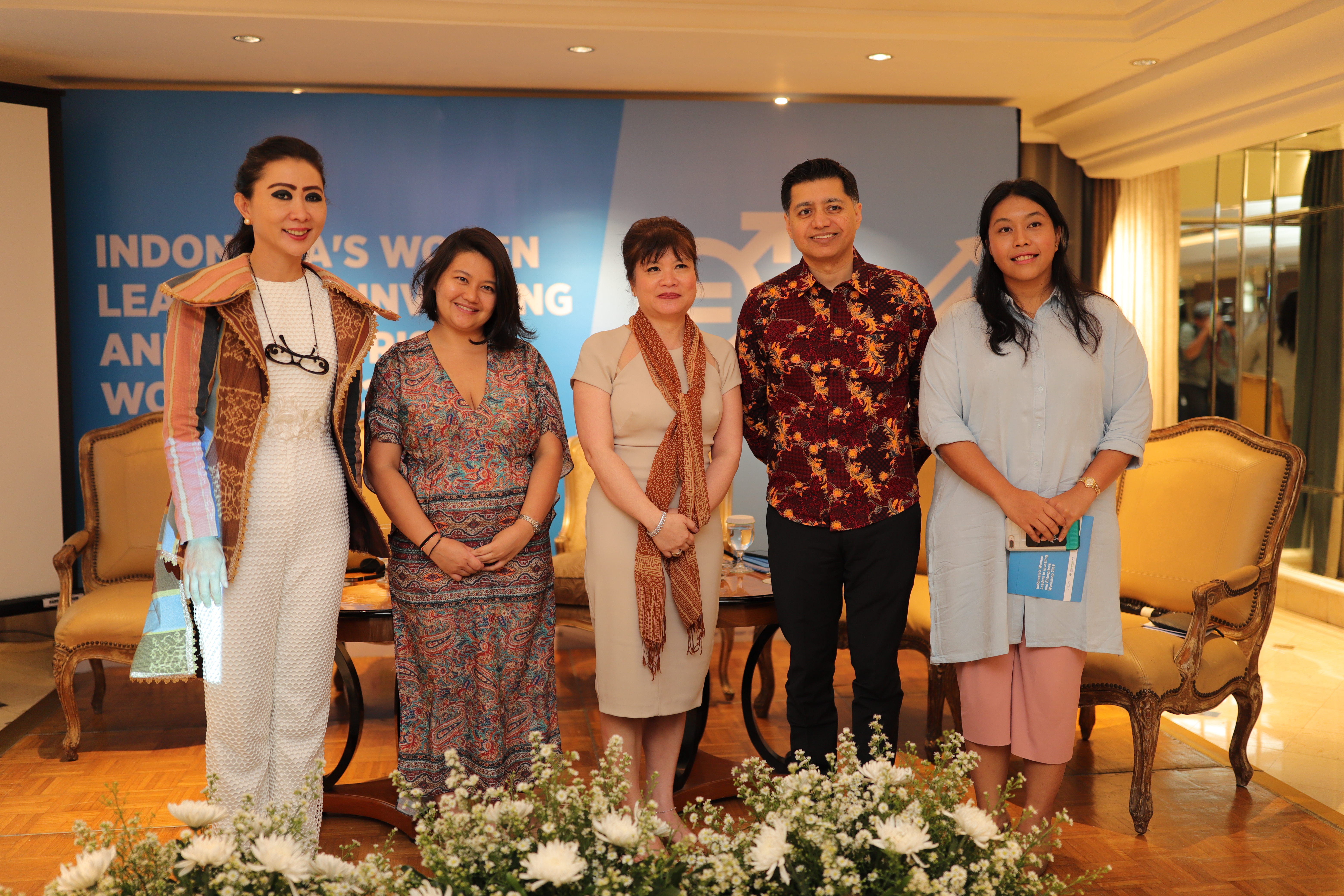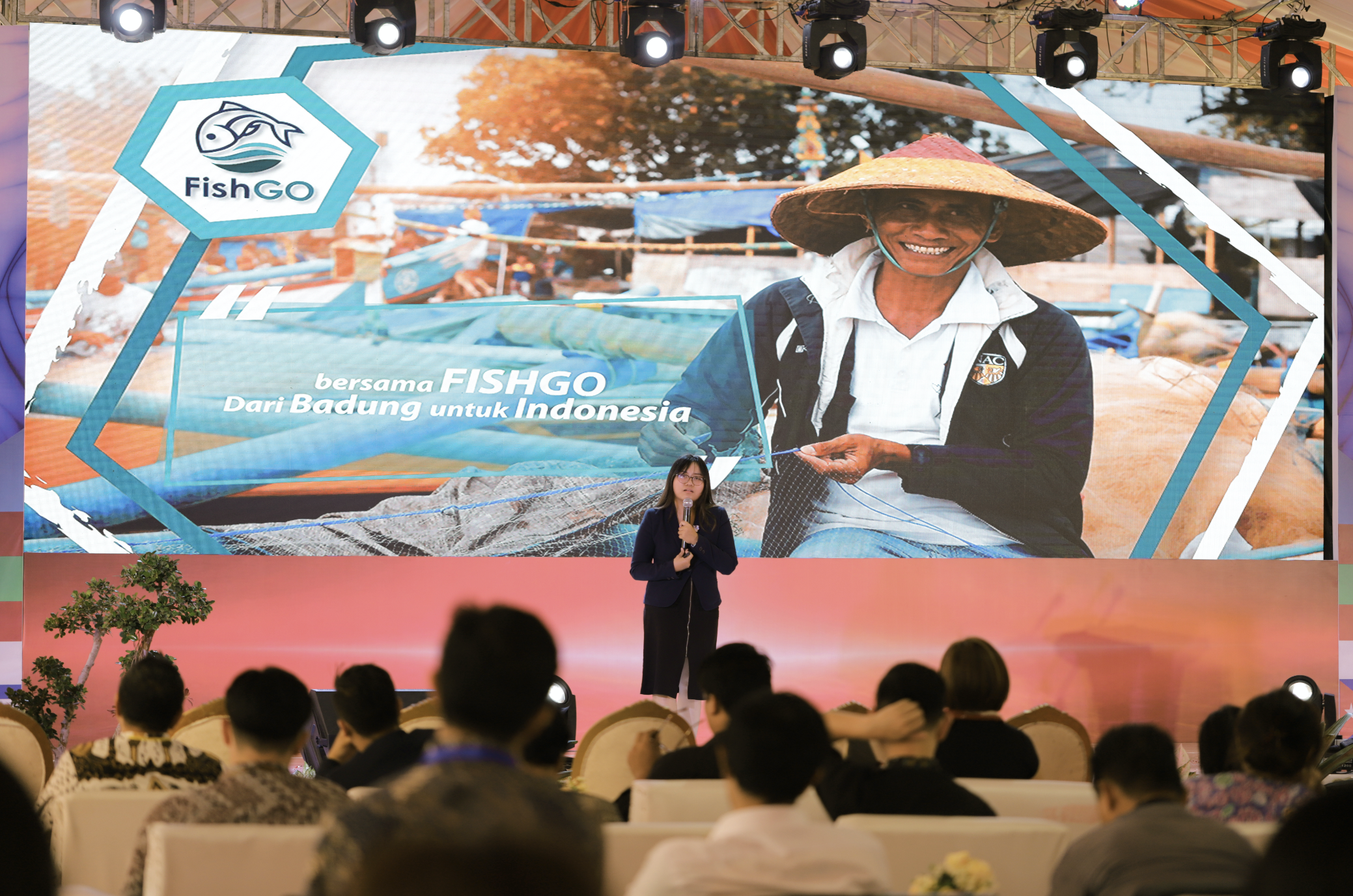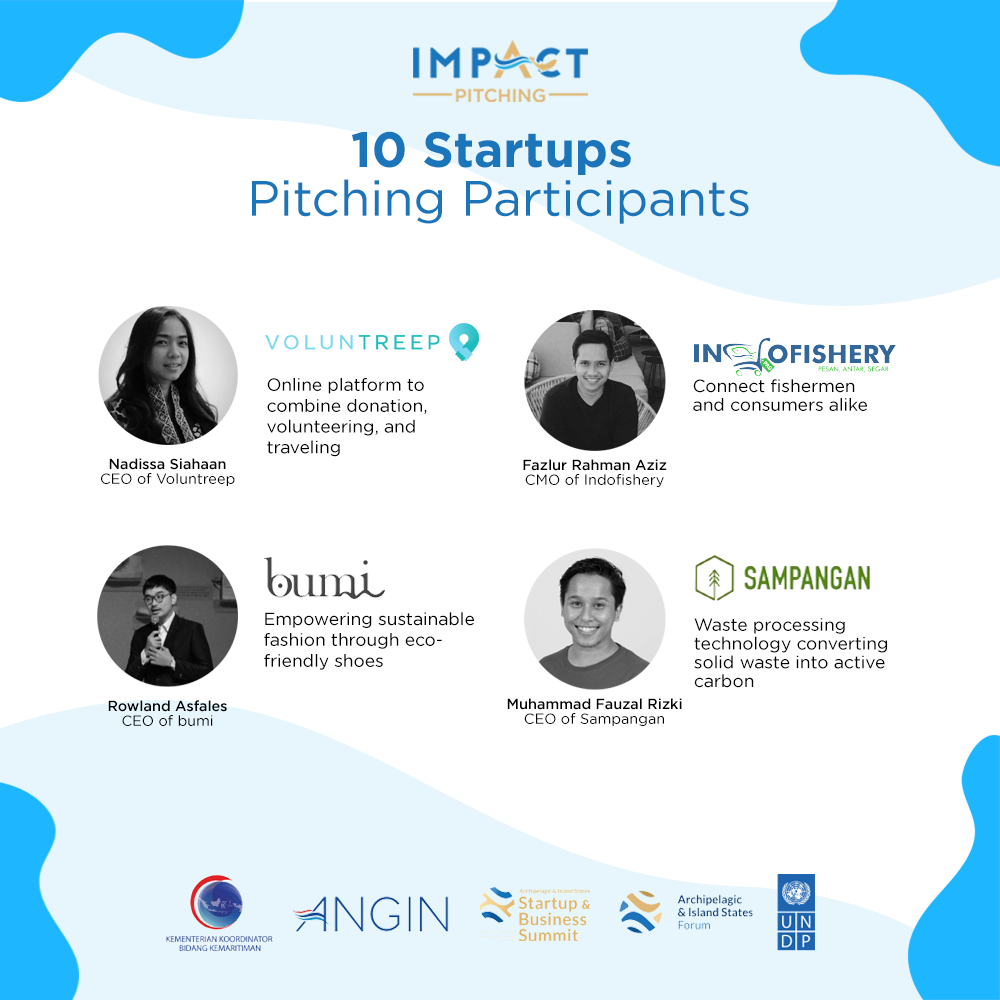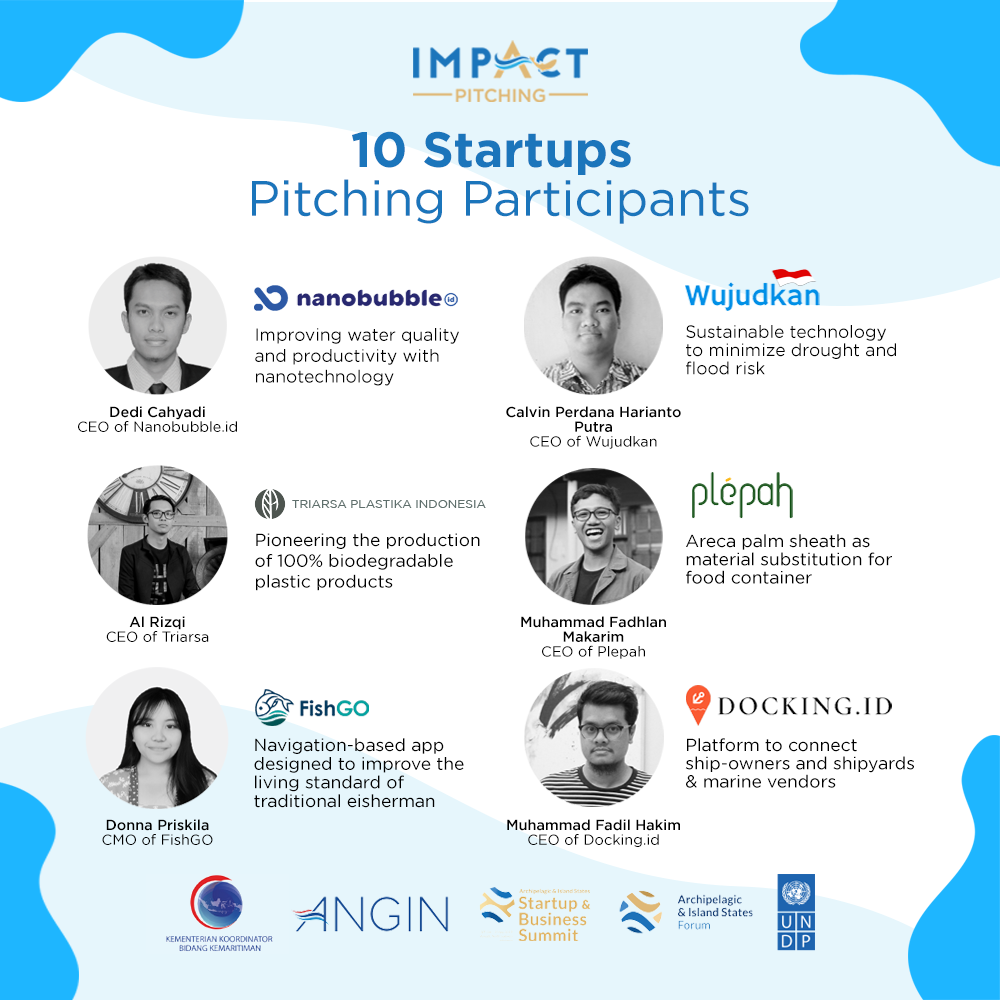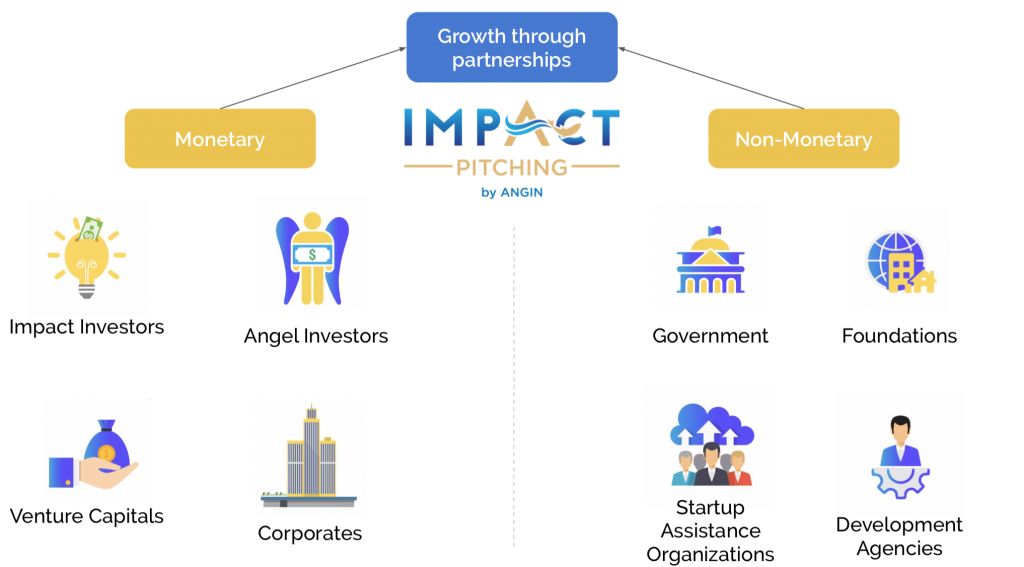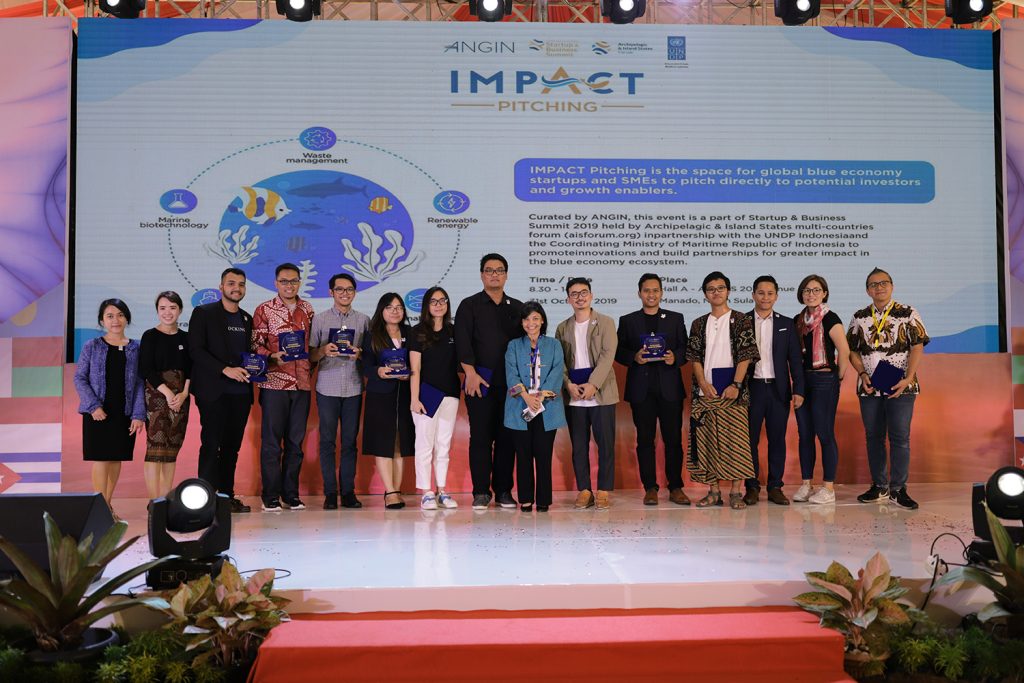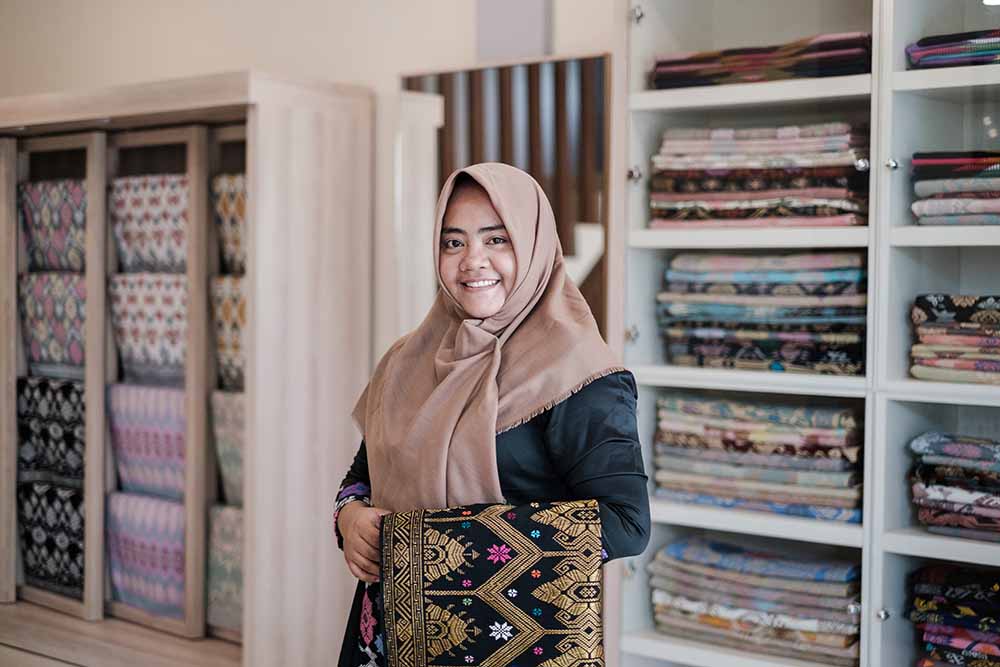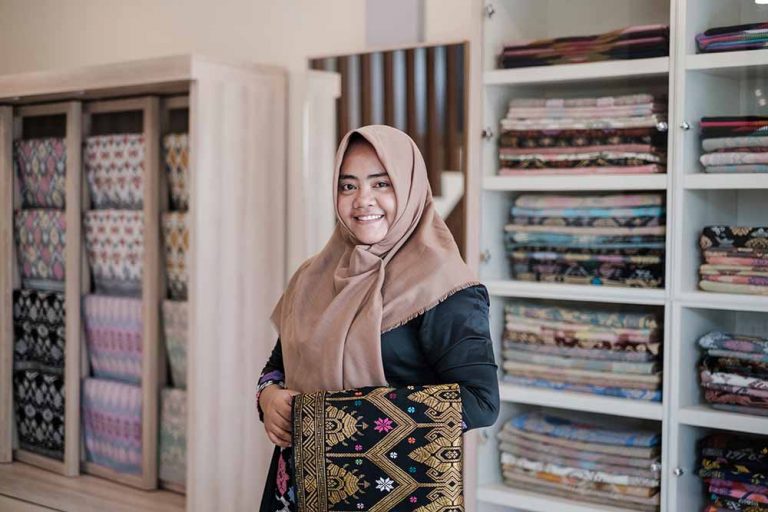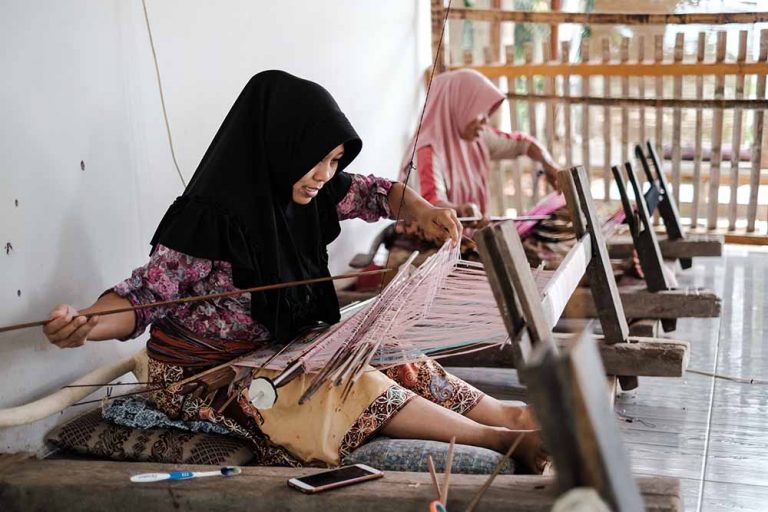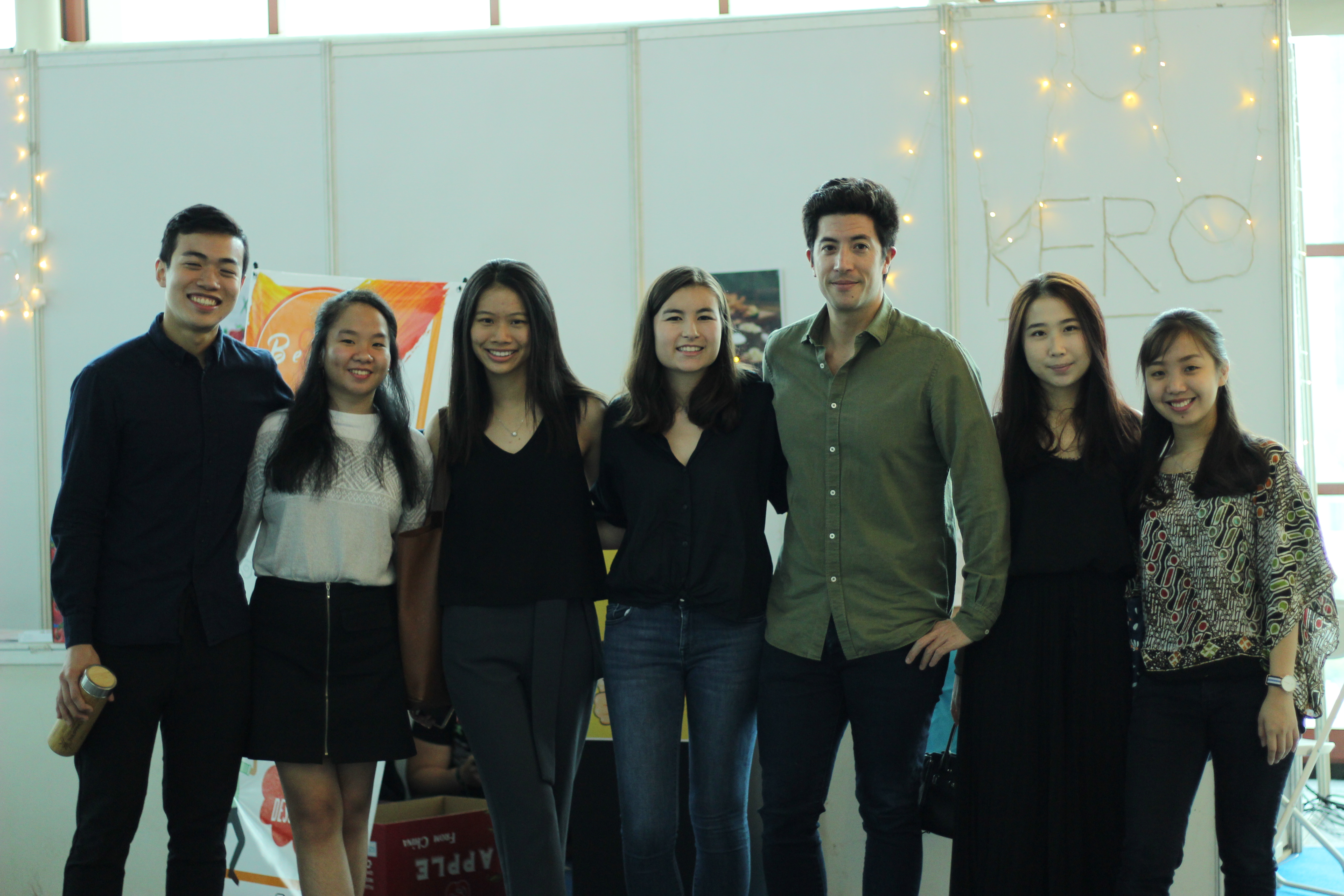As the host of She Loves Tech 2019 Indonesia Local Round, ANGIN proudly announce that Noni Purnomo is now an Official Country Ambassador for She Loves Tech Indonesia 2019. She is a Business Woman, Philanthropist, and mother of 3 daughters. She was listed in “Power Women in Asia”by Forbes.
Known as the President Director of PT Blue Bird Tbk, she founded Blue Bird Peduli which recently launched the ‘Women Empowerment Project’ to empower more than 40,000 wives of Blue Bird Group employees and drivers. She is also actively supporting several start-up companies through her own investment company and through ANGIN Women Funds, which she was a co-founder. Her active involvement in several mentorship programs has recently awarded as “Mentor of the Year” by Endeavor Indonesia. She serves a board member of the Australia Indonesia Institute, a Chairperson of Intelligent Transport System Indonesia Chapter, Indonesian Transport Society Board of Presidium, Board of Advisor of IPMI, Coca Cola Amatil Indonesia and an advisor to Antler Asia. A Young Presidents Organization Member since 2003. As per March 2019, she was appointed as the member of member of University of Indonesia Board of Trustee member for period 2019-2024.
Read our interview with Noni Purnomo regarding her opinions on the tech trend in Indonesia!
Q: What is specific technology trending now in Indonesia?
Technology: Intelligent Transportation System.
As technology is getting more accessible, affordable, and faster, its application in transportation sector is one of the most visible in Indonesia and has enabled new level of advancement of mobility services in the country, particularly in urban areas.
Under the so-called intelligent transportation system, technology enables mobility ecosystem to be connected, informed, coordinated, automated, shared, efficient, and green. Such development allows for new forms of service such as Mobility as A Service (MaaS) where people can now use different modes of public transportation to go from point A to point B seamlessly and comfortably – and be given more choices on how to subscribe to those services. It also allows users to use a single cashless mobile-app-based payment that is more efficient and convenience.
Going beyond that, intelligent transportation system also opens up for new approaches in urban mobility as a whole through shared ride, emission-free ride, efficient and informed mobility, smart traffic control, and much safer, comfortable and assured journeys.
Q: How is this technology impacting the society or everyday life in the community?
This development has impacted society in different ways. Firstly, people are no longer necessary to go directly to each individual transport provider to secure reservation. People can now also access mobility services through a wide range of feature-rich third-party platforms, using different modes of payment including e-money/e-wallet.
Secondly, people are now given options to either purchase a single trip, multiple trip, or subscribe to a weekly/monthly mixed-mobility plan. Some platforms even offer to combine mobility services with other services such as food and goods delivery in a single subscription. With such innovations, people’s mobility behavior has started to change where they can now plan their daily mobility better, smarter and more efficient.
Thirdly, the greenaspect of intelligent transport system has started to raise people’s awareness on the environment issues. The electric taxi introduced by Bluebird, the biggest taxi service in Indonesia, has put environment issues into mainstream attention, gaining people’s interest and awareness towards the concern on environment especially on emission reduction.
Fourth, this new mobility trend also triggers the implementation of recent technology such as IoT, Electronic Road Pricing (ERP) and mobile (App) payment for toll roads, among others. While some of them are still in infant stage, wider application can be highly expected in coming years.
In the industry, this development in the transportation industry has caused no less than a sea change, where: (i) it has attracted new non traditional players offering technology-enabled innovative mobility services; and (ii) it has caused a new industry dynamic where consolidations, collaborations, and co-creations of mobility services among players are the new norms.
Q: How do you think this technology develop further? What are other possible trends and impact you see in the future?
Intelligent transportation system, while gaining a rapid adoption, has just only scratched the surface. Going forward, we will see more transportation providers joining the trend, more cities adopting intelligent mobility, and introduction of new innovations in mobility services.
We can also expect deeper and wider use of specific technology such as IoT device embedded in transportation system, zero-emission electric taxis and busses, connected vehicles, e-ticketing, among others. All of which allow for new mobility landscape in the country.
The technology which allow for big date capture also open for new development in adjacent industries such as insurance, financing, vehicle workshops, logistics, loyalty providers, and advertisement. We expect to see new innovations leading to better, more efficient, and customized services provided by those industries.
Similar to other new technology adoption, the new mobility trend has also caused its own issues such as disruption to traditional transport providers, data security and privacy concerns, concentration of power in few players backed with strong capital, reduced bargaining positions of small and micro players, and slow-to-adapt government regulation to ensure fair, safe and healthy transportation industry.
Nevertheless, intelligent transport system will keep progressing towards betterment as it has been providing better mobility service for the society – something that is highly awaited by hundreds of millions of Indonesians in hundreds of cities across the country. Ultimately, intelligent transport system is the proposition towards accessibility, sustainability, and humanity of mobility services.
Q: Why do you choose to support She Loves Tech?
I chose to support She Loves Tech because we share the same interest and passion: woman empowerment, technology development, entrepreneurship, investment.
I have been spending my entire career building, growing and now leading Blue Bird Group, a group of family businesses which has turned into one of the largest transportations and logistics company in Indonesia. Not only that Blue Bird Group has always been the pioneer in technology innovations, it is also proudly known for its woman empowerment program. Going beyond recruiting and putting women for key positions in a male-dominated industry, the program is also actively supporting and empowering housewives of our tens of thousands of drivers through a so-called ‘Kartini Bluebird’, which named after a historical Indonesian figure – the national inspiration for woman participation.
I’m a founder member of ANGIN – Angel Investor Network of Indonesia, the country’s first and largest investment network committed to building Indonesia’s entrepreneurial ecosystem. From its beginning as a fund by women for women, women empowerment has always been one of ANGIN’s core values. Through its ‘Women Spotlight’, ANGIN actively showcases inspiring stories of women leaders and entrepreneurs throughout the country to aspire fellow young female leaders to embark on their own journeys.
I also serve as a mentor in Endeavour Indonesia, established in 2012, with a mission to build a strong entrepreneurial ecosystem in Indonesia. Endeavor Indonesia’s founding Board of Directors comprises of Indonesian prominent business leaders who provide financial and strategic support while also serve as mentors for entrepreneurs in the network. Endeavour is actively supporting emerging markets’ long term sustainable economic development by selecting, mentoring, and accelerating high impact entrepreneurs.
Register here to join She Loves Tech 2019 Indonesia Competition and visit www.shelovestech.org for more information.
